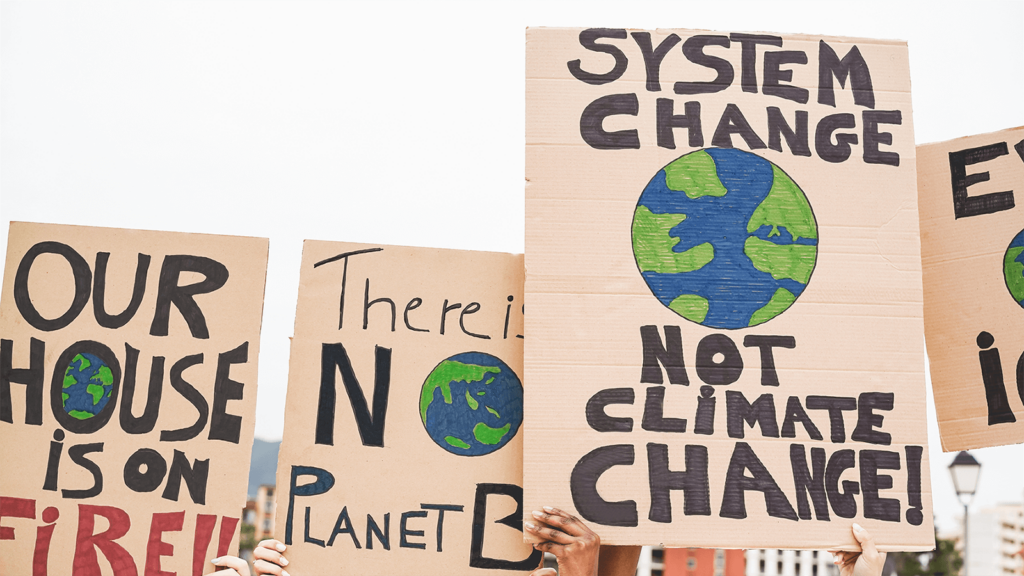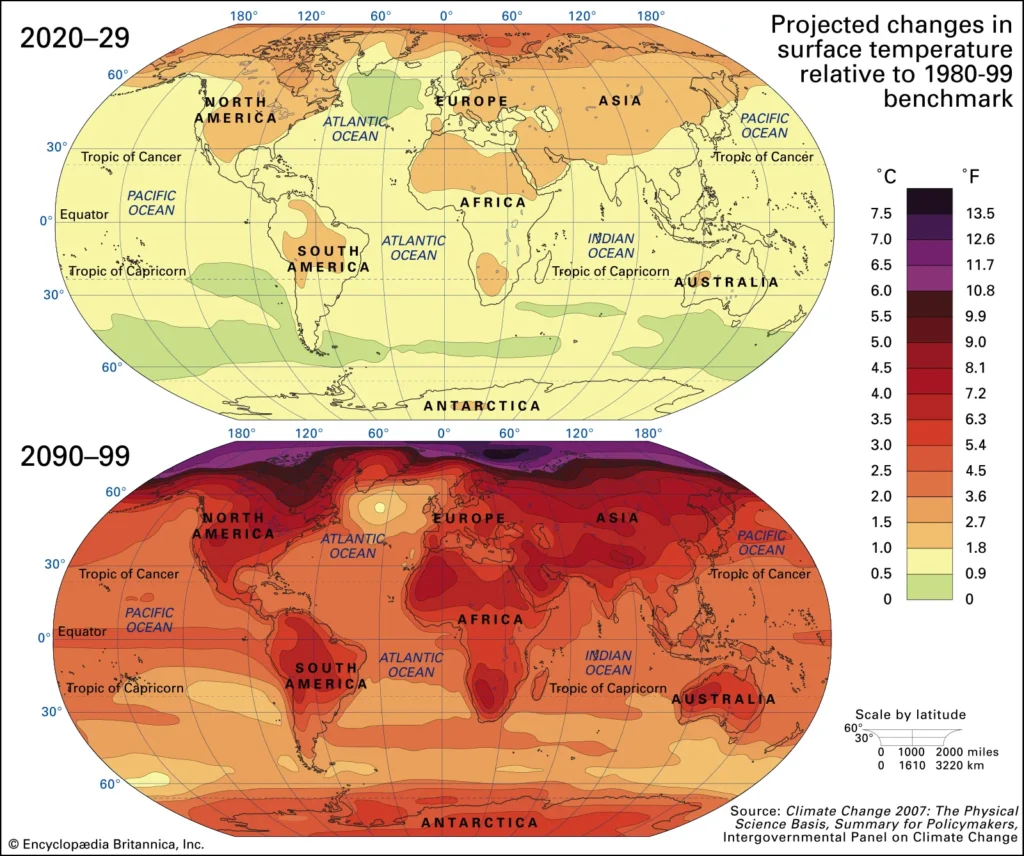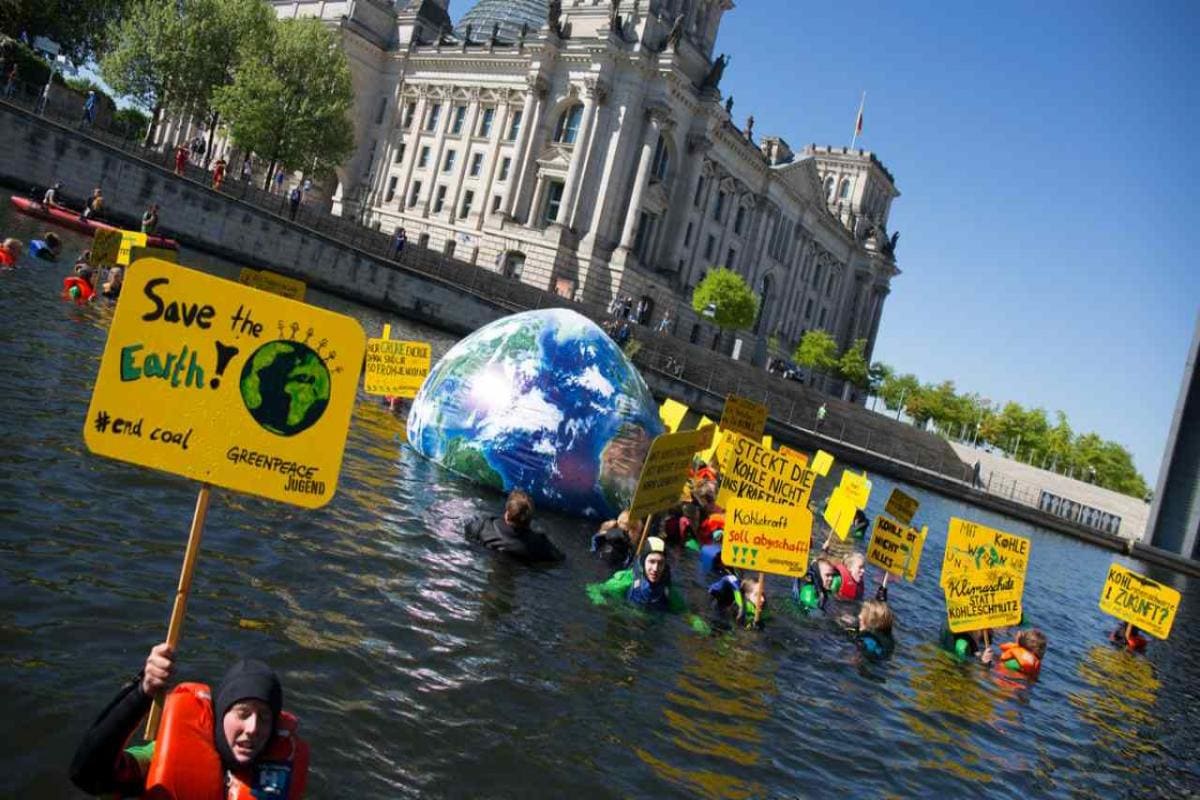By Stella Tsianta,
As the peak climate science body of the United Nations and the World Meteorological Organization, the IPCC is the global authority on climate change. Over the past eight months, the three Working Groups of the Intergovernmental Panel on Climate Change (IPCC) have released reports as part of the IPCC’s Sixth Assessment Report (AR6). The latest assessment on the physical basis of climate change was voluntarily authorized by the writing work of approximately 250 experts in the IPCC’s Working Group over 3 years.
Almost 80,000 comments on the drafts were submitted from expert reviewers and governments and all had to be addressed for the report to pass the IPCC approval process. The writer’s work met many challenges and delays due to the COVID-19 pandemic. Despite all that, the IPCC’s General Assembly approved the Summary for Policymakers (SPM) of the 6th Assessment Report (AR6) WG Report and the main body of the report.
This IPCC report is ground-changing because it states scientifically proven facts — facts that many people still undermine and underestimate. It is of utmost importance to state clearly and make accessible to you, the reader, the main bullet points that this report showcases to the public. According to the report, climate change is indeed happening, and humans are causing it.

First, there is clear evidence of human influence on more extreme weather events across the globe, such as rainfall, droughts, and severe storms like cyclones. Quoting the report: “We can say with strong confidence that historical “natural” variability of the climate system alone can no longer explain most extreme weather events experienced since 2014. Instead, human influence, through increased greenhouse gas (GHG) emissions and land cover change, is now the prime suspect”.
Second, it appears certain that average global surface temperatures, currently at 1.1 °C above the baseline pre-industrial era in the 19th century, will exceed the 1.5 °C and 2 °C threshold goals of the 2016 Paris Agreement. Without rapid cuts to the approximately 50 billion tons of CO2 equivalent gases currently emitted worldwide per year, we will pass 1.5 °C sometime early during the next decade. The new report projects that, for example, children under 12 will experience a fourfold increase in natural disasters in their lifetime, and up to 14% of all species assessed will likely face a very high risk of extinction. This is our best-case scenario.
Third, the need for action is urgently critical, since the report clearly articulates a bleak climate future without achieving the net-zero goal. The global average temperature will stabilize roughly when the CO2 emissions reach net zero, so reducing CO2 is critical if we want warming to level off. Reducing other gases cannot substitute for getting CO2 to a global net zero. However, reducing methane emissions is also important.

The report Climate Change 2022: Mitigation of Climate Change is the third and concluding installment of the Working Group reports. This new report exclusively focuses on how and which human actions can stop climate change, even while acknowledging the fact that various regions are at different levels of development in terms of financial resources, technological, and institutional capacities. As emphasized at COP26 last year, even if countries achieve their current nationally determined reduction targets (NDCs), the world will not be able to reach even the 2 °C target, let alone the 1.5 °C targets. In response, the WG3 report indicated in strong terms that immediate and dramatic systemic change is essential.
Various modeling results show that it is theoretically possible to limit warming to 1.5 °C, but the current action pledged globally until 2030, in all its dimensions (scale, scope, and pace) is not enough. The world is not on track to prevent the 1.5 °C. Furthermore, the WG3 report shows that the means exist to achieve this goal and that it is possible to achieve it without impeding economic development.
References
- Commentary: Latest climate change report is the most important by far. Here’s why, channelnewsasia.com, Available here
- Climate Change 2022: Impacts, Adaptation and Vulnerability, ipcc.ch, Available here
- [Commentary] Speeding up just climate action, india.mongabay.com, Available here
- Commentary: Current adaptations to climate change won’t be enough to save our planet, channelnewsasia.com, Available here




